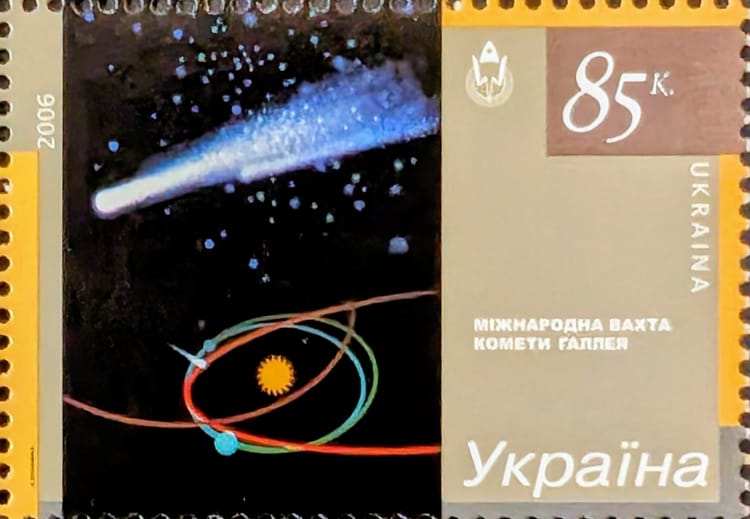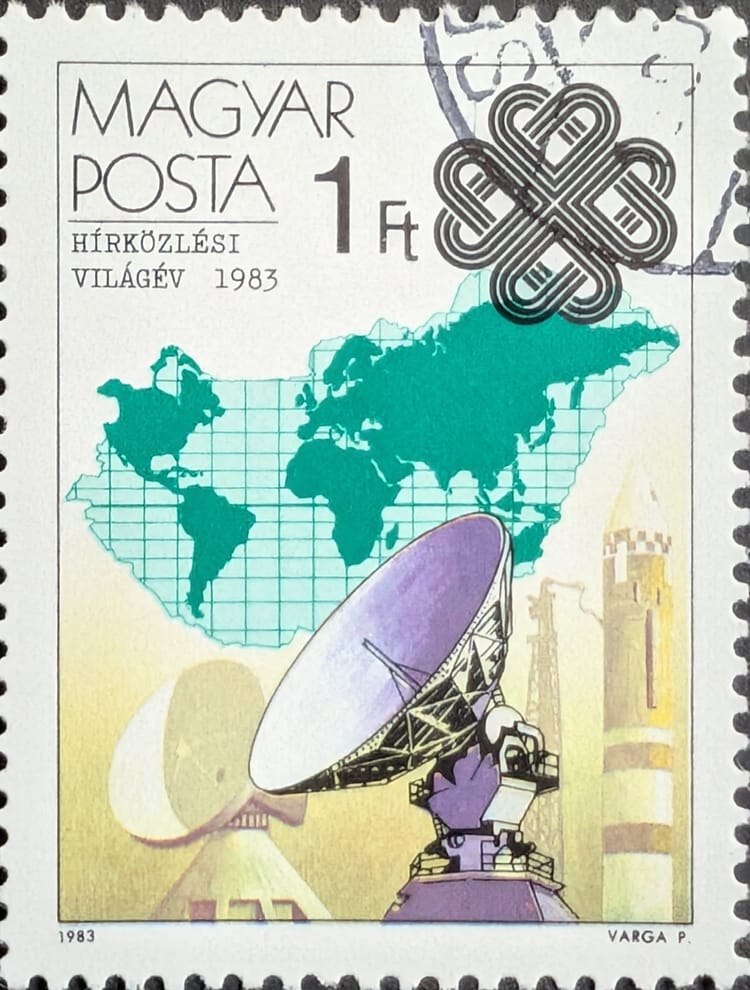European Union Space Plans: Why Lead, when It’s Easier to Follow?

Nearly a month ago, European Union (EU) bureaucrats agreed to fund a study looking to buttress reasons to build a European 600-satellite communications system. The system would be similar to those fielded by OneWeb and Starlink--only financed by the (EU), and more complex.
The EU is paying a consortium of its space companies (Airbus, Arianespace, Eutelsat, Hispasat, OHB, Orange, SES, Telespazio, and Thales Alenia Space) $8.7 million to justify why Europeans require secure broadband low and geosynchronous orbit communications satellites. At the time of the agreement, the consortium had a year to come up with justifications.
But that year may no longer be quick enough. During the European Space Conference last week, one of the EU’s commissioners, Thierry Breton, wants the process to go faster:
“My objective is to go fast. And therefore it would be appropriate that the Commission puts forward this year a proposal to the European Parliament and the Council so we can move concretely.”
Thierry’s plan for this new European constellation is grand. The constellation will somehow augment signals from Europe’s Galileo navigation constellation. It will also provide inter-satellite communications links to its Copernicus Earth observation satellites. Its satellites could host space surveillance and tracking payloads. And, oh yes, it will also provide high-speed communications to Europeans in communications “shadows” on the continent. It may even use quantum communications.
That’s...a lot. Do these developments—spending billions on a large communications constellation (for Europeans); speeding up the constellation’s development and deployment; the satellites’ complexity—make sense? Can the EU even run a project like this competently, without budget overruns or moving schedule goals to the right? Is there another road the EU could take that doesn’t involve glacial following of commercial efforts? And promote EU space industry while doing so?
Galileo, Galileo, Spending Magnifico
During the speech, Breton mentioned Galileo as the shining example for European independence from non-EU systems (like GPS). It’s funny that Breton brings up Galileo, as that constellation was conceived in 1999--and it’s still not completed (but over budget). Galileo has 22 operational satellites in orbit but is supposed to have 30 (plus a few spares). The European Commission (EC) felt the need to require smartphones in Europe to use Galileo for positioning, navigation, and timing (PNT) services, which certainly doesn’t make it seem like Galileo is an unqualified success in the eyes of commercial companies.
Galileo is not the best example of European “can-do” and project management mastery. While Breton notes the EU can’t implement its communications constellation in a business-as-usual way, the consortium and time needed appears as a step towards business as usual. In other words, the constellation will not be quickly implemented--certainly not with all of the capabilities Breton mentioned.
Based on Galileo’s slow progress, it’s also likely that whenever this communications satellite program gets implemented, it will suffer the same project management issues.
It’s not clear why Breton believes the EU should move quickly to complete the communications constellation. He spelled out his intent, however:
- Get access to everyone, including those in “dead zones.”
- European independence
- European secured communications (quantum)
- A backup to other communications
Based on those reasons, I have to wonder why over 600 satellites are required to accomplish this. That estimate is close to the final number of satellites OneWeb will deploy for its initial constellation (for global communications). It’s not as if European Colonialism is flourishing currently. Most Europeans live on the continent. I’m not sure Europe needs a constellation of satellites, much less needs them quickly. A single geosynchronous satellite could do all of those things (except for those Europeans living in the northern latitudes).
The cynical part of me believes the number of satellites is intended to keep Europe’s Ariane 6 space launch vehicle employed, as it’s not gaining much traction from commercial companies. And 600 satellites require manufacturers, operators, and more...so it keeps those European space companies happy. Simultaneously, having the government build out and provide communications infrastructure is a traditional role--especially in Europe. It seems natural for the EU to come up with an idea to help keep Europeans connected. But still--600 satellites?
The costs will be more than the EU’s estimated $7.3 billion. OneWeb’s and Starlink’s estimated costs bracket the EU’s estimate--but those satellites will only be accomplishing communications duties. Neither OneWeb nor Starlink appear to be interested in adding more payloads for anything other than enhancing their systems. Breton has added more missions for Europe’s potential satellite communications system, which means there is more complexity. More complexity means more risk, which in turn means more cost as the companies involved try mitigating risks. $7.3 billion will not be enough (which I’m sure the European space companies already know).
There is Another...
The only issue (aside from everything else) I have about this constellation is it appears that the EU has a lack of imagination regarding space opportunities. OneWeb and SpaceX show that no matter what, it’s possible to manufacture and deploy broadband satellites for low Earth orbit. EU bureaucrats might think the risks for manufacturing those types of satellites and constellations are low. Why not have its capable space sector build out that type of constellation for Europeans? Of course, they also believed that for Galileo.
But, Europe has a chance to do something even more exciting and useful--not just for Europeans, but for the world: build out a space situational awareness (SSA) constellation.
The U.S. government (and therefore U.S. companies) doesn’t appear interested in implementing this type of constellation. The schizophrenic and politicized viewpoints between a strongly supported military and everyone else’s make it highly improbable any U.S. company would pursue commercial SSA satellites as a service. No one would trust a system from China or Russia. It’s doubtful India, or Japan could do it (based on annual launch rates alone).
The European Union is already an association of nations working together. I’d like to think that the association knows a thing or two about coaxing all sorts of countries to work as a team (Brexit notwithstanding). Europe has access to competent (if relatively slow-moving) space industries, including a reliable launch provider.
Europe is strong enough to withstand inevitable demands from the U.S. not to build an SSA constellation and provide data to the world. It’s involved in the space sector enough to understand an SSA constellation’s value, including the leverage such a constellation could bring to activities conducted in space. It has the financial resources to put such a critical space infrastructure in place. That constellation’s data could potentially be the safety linchpin for future space operations.
Instead of being a follower and badly and expensively implementing what commercial operators are already building out for less cost, why not lead the globe with SSA? The world needs it, and Europe seems ideally situated to do this. SSA is necessary, considering the potentially thousands of satellites deployed from four companies alone. It’s akin to a “space guard” service, a government role, which would provide data of objects around the Earth (and beyond) to any space operator. Satellites detecting and tracking objects around the Earth provide better data, with more accuracy than any ground system.
Maybe someone will talk the EU and Breton out of this “me-too” thinking and following a path established by others. I think there are other opportunities for Europe’s space sector, particularly if they pay attention to the parts of the industry the U.S. companies aren’t interested in (but are still necessary).
Of course, none of this means anything if Galileo is the template for any new European space program. That’s my one, truly earnest suggestion to the EU--look at Galileo-- and then do the opposite.




Comments ()